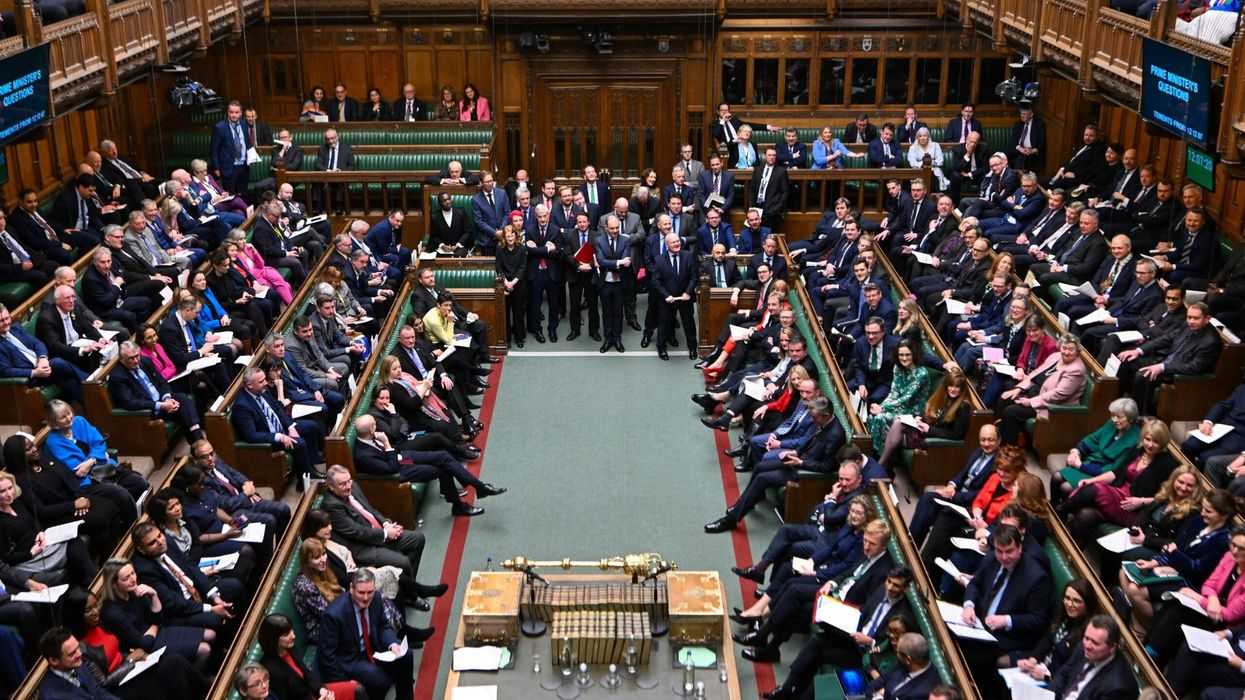British Prime Minister Rishi Sunak's contentious bill to deport asylum seekers to Rwanda moved closer to becoming law after his government rejected all the proposed changes from the upper house of parliament.
Under the safety of Rwanda (asylum and immigration) bill, asylum seekers who arrive in England by boats would be sent to Rwanda.
The House of Commons on Monday voted to overturn the 10 proposed amendments suggested by the unelected lawmakers in the House of Lords, giving a much-needed boost to the beleaguered prime minister.
The proposed amendments included the ones that sought to ensure the legislation was fully compliant with domestic and international law and to exempt people if they worked with British armed forces.
The legislation, which attempts to end the legal blocks by declaring Rwanda a safe country and to disapply parts of Britain's human rights law, will now return to parliament's upper chamber for votes on Wednesday. If passed unamended, it could become law as early as this week.
This would still mean it could be weeks, at the earliest, before any deportation flights leave for Rwanda. While the bill seeks to prevent British courts from hearing arguments based on whether Rwanda is a safe country, anyone selected for removal may still be able to lodge individual legal appeals.
Sunak has invested significant amounts of political capital in the Rwanda policy and hopes if deportation flights leave before an election expected later this year, it will help reverse the fortunes of his Conservative Party which is heavily trailing in opinion polls.
By sending asylum seekers to Rwanda, the government wants to deter people from making the dangerous journey across the Channel so it can reduce the cost of housing them. Such costs are currently running at about 3 billion pounds ($3.8 billion) a year.
The government envisages sending thousands of asylum seekers to Rwanda although the East African only has the capacity to house a few hundred at the moment.
Sunak said on Monday the government remained committed to sending flights to Rwanda "in the spring", and his spokesperson told reporters that officials had identified people who would be on the first deportation flights.
Earlier this month, parliament's spending watchdog, in the most detailed estimate of the cost of the plan, said it would cost more than 600 million pounds ($764 million) to deport and look after the first 300 asylum seekers sent to Rwanda.
The final cost of the plan could reach up to 3.9 billion pounds over five years, according to an estimate published by the Institute for Public Policy Research on Monday. (Reuters)




